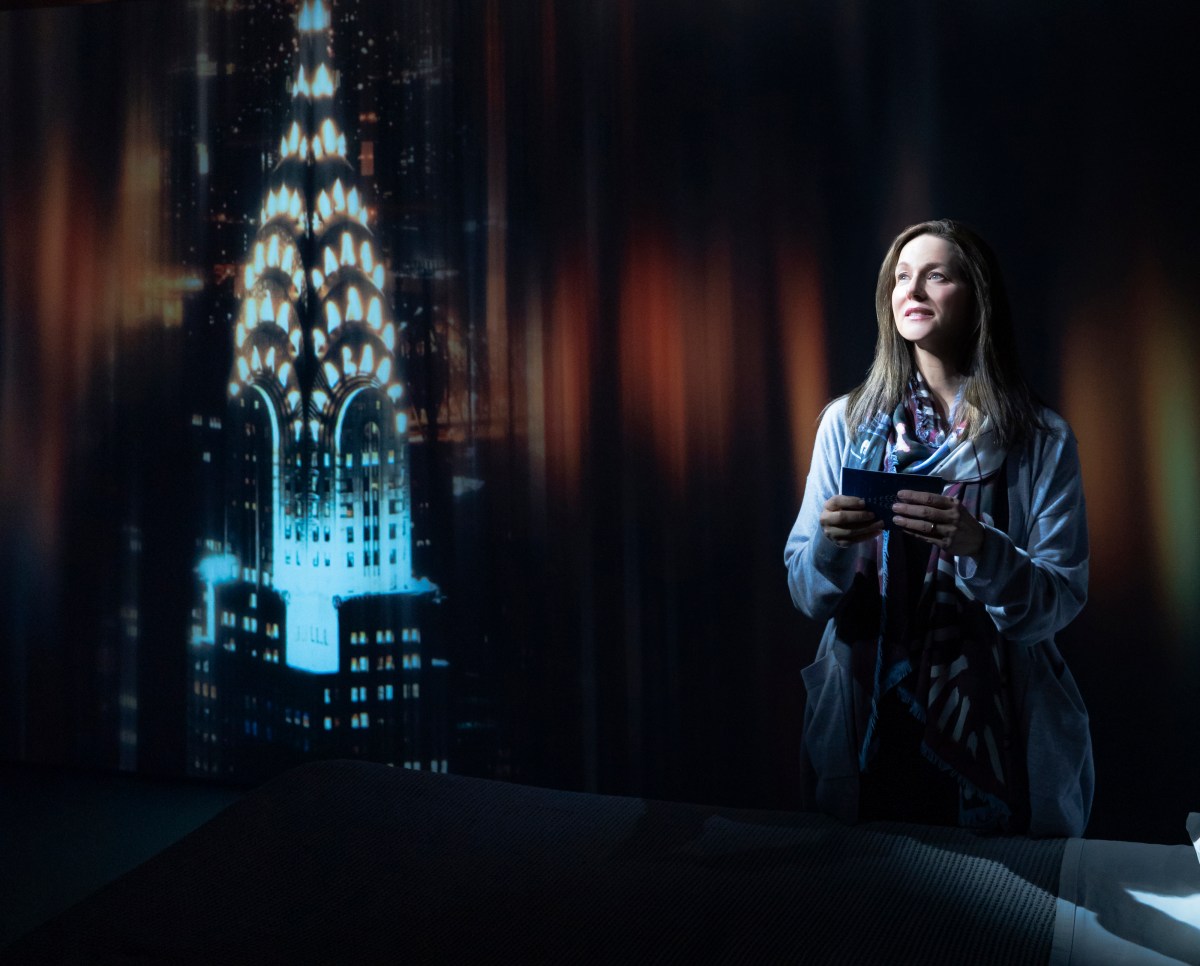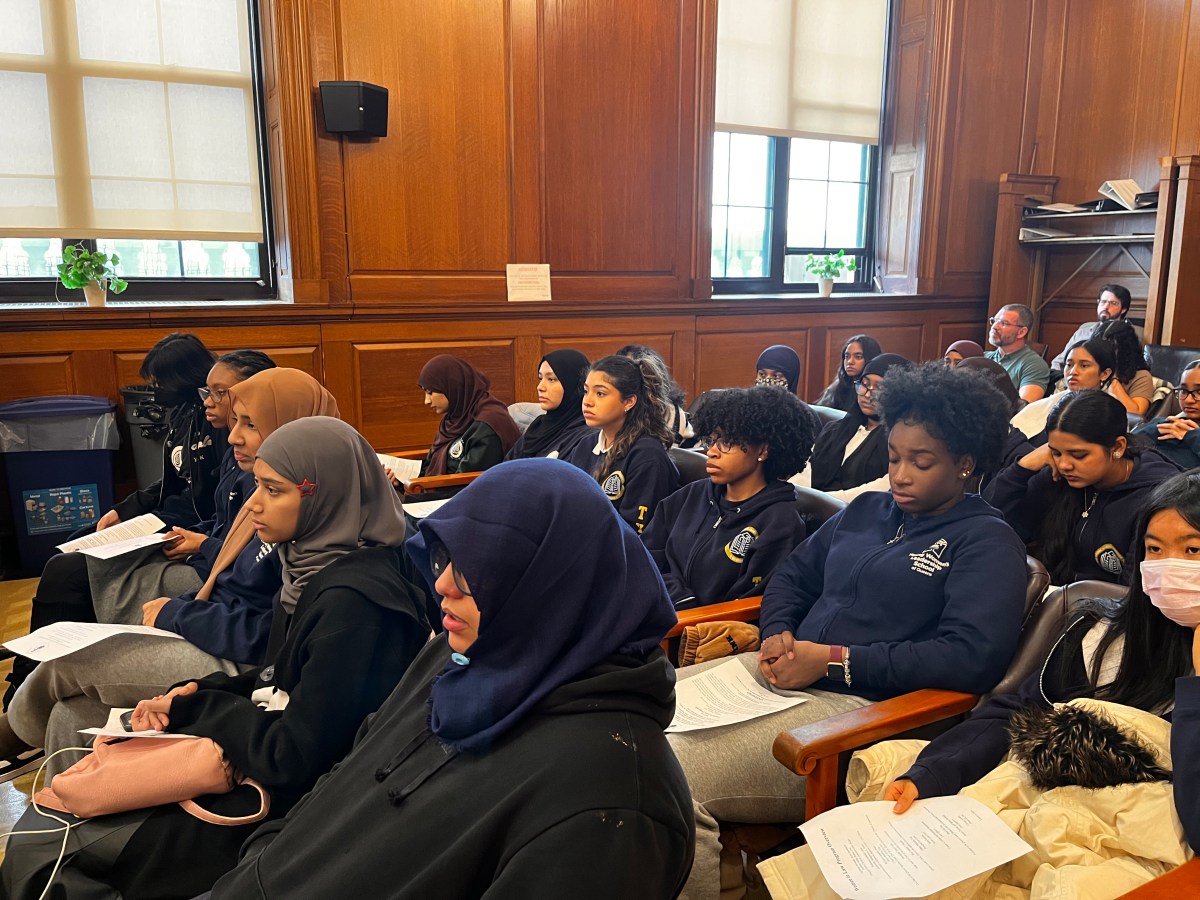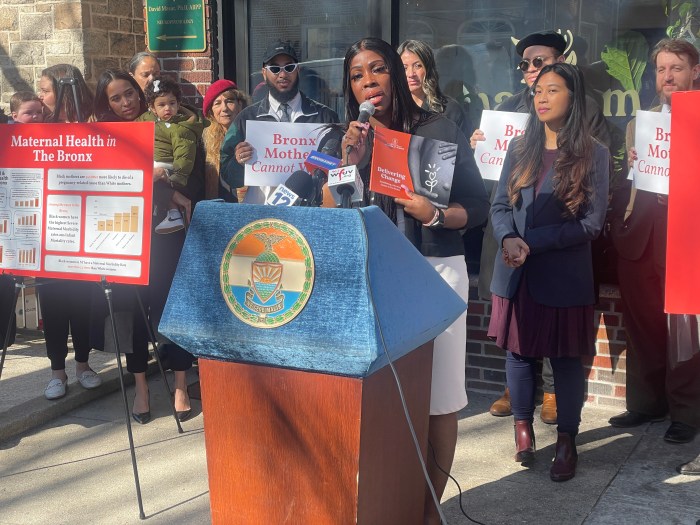Appearances can be deceptive, as aptly demonstrated by “My Name is Lucy Barton,” a seemingly simple – but actually dense, muddled and discomforting – 90-minute hospital room drama adapted from Elizabeth Strout’s bestselling 2016 novel of the same name, which stars the luminous Laura Linney – and no one but Laura Linney.
This marks the first play to open on Broadway in 2020. After debuting in London, it is being produced by the Manhattan Theatre Club as part of its subscription season at the Samuel J. Friedman Theatre, where Linney appeared not so long ago in a revival of the crowd-pleasing melodrama “The Little Foxes.”
Linney plays Barton, a middle-aged writer who becomes mysteriously ill in 1980s New York and confined to a hospital bed for several weeks. But no, this is not an AIDS drama – although the impact of the AIDS crisis at the time does not go overlooked. In fact, we never learn all the details about her illness.
What is most critical is who unexpectedly comes to visit Barton – her passive-aggressive, vindictive mother.
The pair have been estranged since Barton abandoned her poor rural community roots to go to college and live in New York. Often, Linney (who spends the bulk of the play narrating to the audience) will leave her hospital bed, take the adjoining chair, take on a thick accent and portray Barton’s mother.
The play sticks closely to Strout’s original prose and first-person perspective – to the extent that it is credited to Strout, as adapted by Rona Munro. In a style of free association, it bounces back and forth between hospital room conversations and doctor visits, memories of Barton’s traumatic childhood (including being locked in a truck each day while her parents were away at work), and details of her future (such as getting divorced and achieving popular and critical success as a writer).
Projected images of corn fields and the New York cityscape are used to assist in the abrupt transitions in time and location, and the expanse of the stage is reduced (with some audience members sitting onstage, surrounding Linney) in order to create a sense of intimacy. Nevertheless, the play feels increasingly disjointed and hard to follow as it goes along. One can also lose interest due to its emphasis on observation and description over narrative tension.
Linney does much to enliven the production, providing alert, expressive narration and conveying a vulnerable and sensitive lead character in addition to Barton’s abrasive and complicated mother. Director Richard Eyre surely deserves credit for both the production’s design elements and Linney’s performance.
Had the novel been converted into a straightforward, multi-actor drama, many would probably have complained that Strout’s meditative authorial voice got lost in the process. But in its current form, “My Name is Lucy Barton” is not unlike a glorified, live audio book. Coincidentally or not, it was just announced that an audio version of the play with Linney will soon be released.
2.5 stars
“My Name is Lucy Barton” runs at the Samuel J. Friedman Theatre through Feb. 29. 261 W. 47th St., lucybartonplay.com.



































